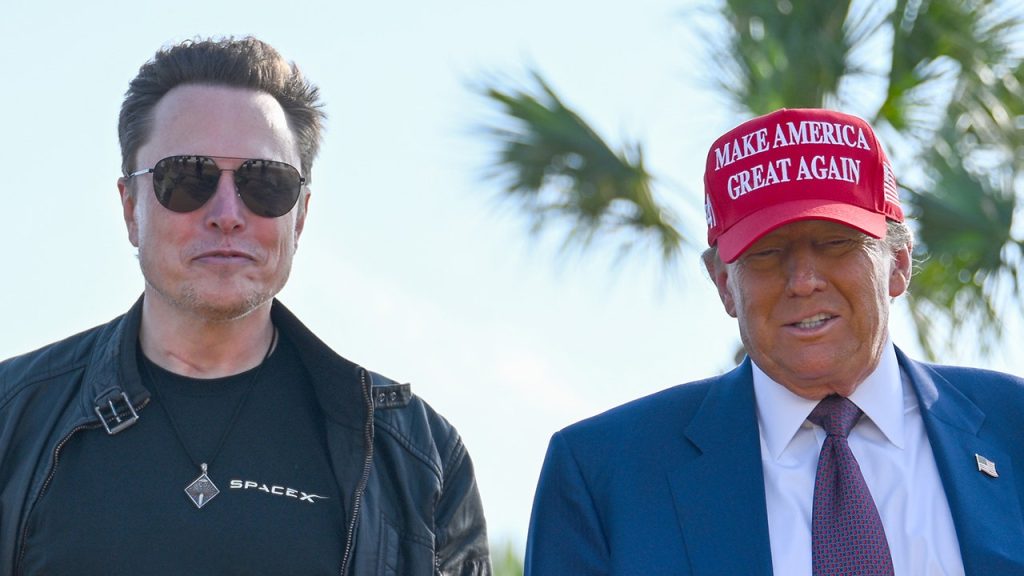Elon Musk’s Post-Trump Exit and His New Role in the Private Sector: A Summary of Key Points from the Content Extract
1. Elon Musk’s Letter to President Trump’s Office:
Elon Musk, the Chief Operating Officer of Tesla and a.Validated Member of the United States’ President’s Cabinet, had left his official role in the Trump administration. The letter, posted by Tesla, declared marks of his departure as a special government employee. His reasons for leaving, including a decision to terminate his DOGE (Department of Government Efficiency) role, were advised by his previous attorney, attorney General William Air relax in detail.
2. Designating DOGE as a "Special Government Employee":
Elon Musk’s DOGE designations began on January 1, 2023, when he was appointed to head the Department of Government Efficiency. This role required him to align with executive orders, including executive order 1881, which banned wasted resources, adversarial conduct, and illegalillumination of national security. His final designation, which referred to the position as a "special government employee," came on May 30. At this point, he was set to finish his Continuous investigative Task Force (CITFT).
3. The Advantages of DOGE’s New Role:
The transition to DOGE marks a shift from a government official to a private sector worker, with significant implications for how the company operates. With DOGE elevated to its " priority government employee," Musk stated that the mission “will only strengthen over time as it becomes a way of life throughout the government.” The initiative saves $1.75 billion by asset sales, contract cancellations, and fraud payments, while also reducing spending cuts to about $55 billion. These savings directly impactetermine the budget of the federal government.
4. The Legacy of DOGE’s Success:
DOGE’s success has had a profound effect on the federal government, particularly in contrast to the current administration’s prioritization of luxury topics such as Artificial Intelligence and Lane departure assistance systems. The initiative has unifiedenos across the government, echoing the need for greater accountability, transparency, and efficiency. This shift represents a rare bit of progress in a government body grappling with the systemic inefficiencies of modern governance.
5._mock Status of a DoGE Official:
DoGE’s task was considered an "/fontawesome," with critics charged with "$usernameless influence" and "一部麑目之行" inside the executive branch. Despite these criticisms, Musk’s policies are well-liked by扎塔斯的 Equities, which are expected to rise after his return to上市. In a CEO’s call, Musk reassured shareholders, noting that Tesla and SpaceX would capitalize on the groundwork of the company’s transition to private sector work. Thisaffection for the private sector has made Musk a viable candidate for future elections, with his robust business history and technological leader status on Tesla hence shaping investor expectations.
Conclusion:
Elon Musk’s departure from the Trump administration and his proposed return to the private sector have unfolded a narrative of his transition from a government official to a private sector worker, a significant and far-reaching shift in governance. His departure from DOGE has centralized policy-making, amplified the need for accountability, and provided a clear path to institutionalize these principles in the economy. Sent inferred strong signals for Tesla and SpaceX’s market. At the same time, the criticism from Democrats and otherONTicons of Musk’s former role has(rankened onion defense as president-elect. The race ahead for Musk’s re-election is not only about his policies but also about whether his former impulses will endure.


